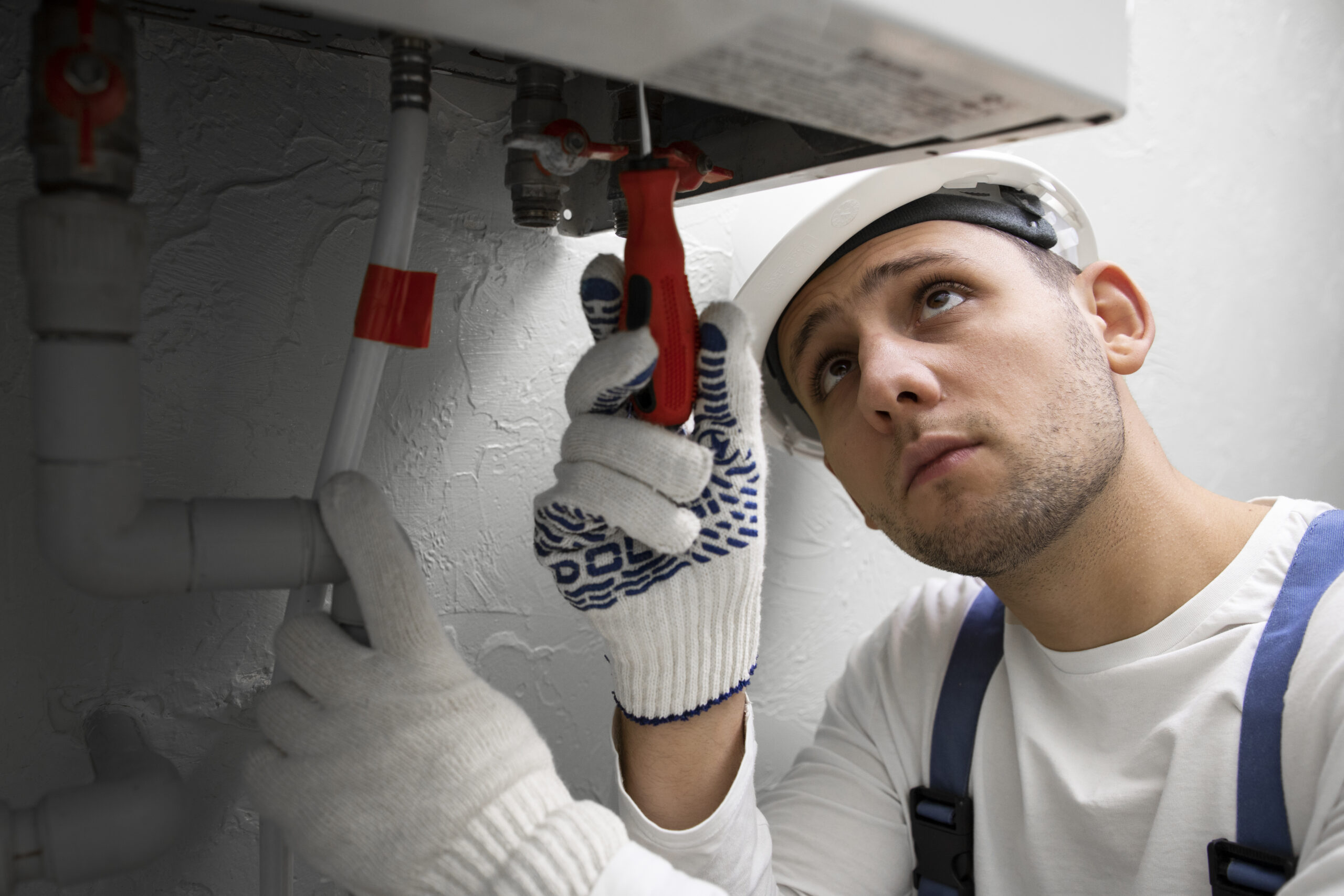The Right HVAC Size for Your Home (And What Happens If You Get It Wrong)

When it’s time to replace or install a new heating and cooling system, one of the most important and misunderstood, questions is: what size HVAC system do I need?
Too big, and you’ll waste energy and face temperature swings. Too small, and your home may never feel truly comfortable. Let’s break down how HVAC sizing works, and the common mistakes that homeowners (and sometimes even contractors) make.
Why HVAC Sizing Matters
Correct sizing ensures that your system runs efficiently and effectively all year long. Proper HVAC sizing isn’t just about square footage. A well-sized system keeps your home comfortable, reduces energy use, and extends equipment lifespan. Get it wrong, and you could face:
- Short cycling from an oversized AC
- Constant strain on an underpowered furnace
- Uneven temperatures in different rooms
- Higher utility bills and more frequent repairs
The Basics of HVAC Sizing: BTUs and Beyond
The key measurement in HVAC sizing is BTU (British Thermal Unit),the amount of heat your system can add or remove per hour. But square footage alone isn’t enough. A full HVAC sizing guide also considers:
- Home insulation and air sealing
- Ceiling height
- Number and size of windows
- Local climate and sun exposure
- Number of occupants and home appliances
An online BTU calculator can give you a rough estimate, but for accurate sizing, a Manual J load calculation by a certified technician is essential.
Oversized AC Risks: Bigger Isn’t Better
Many homeowners assume a larger AC unit will cool the home faster,but that leads to problems like:
- Short cycles that wear down your compressor
- Poor humidity control
- Higher installation and energy costs
- Reduced indoor air quality
An oversized AC doesn’t have time to properly dehumidify your home, leaving you with cool but clammy air.
Underpowered Furnace Issues
On the flip side, a furnace that’s too small will:
- Struggle to heat your home on the coldest days
- Run constantly, increasing wear and tear
- Leave rooms farthest from the unit under-heated
- Lead to increased energy usage as it tries to keep up
Avoid these issues by working with HVAC pros who understand the science not guesswork of system sizing.
HVAC Sizing and Energy Efficiency
A properly sized system is essential not just for comfort, but for energy savings and environmental impact. Want to reduce your carbon footprint and keep utility bills low? It starts with smart sizing.
Learn more here: The Role of HVAC Systems in Reducing Carbon Footprint
Shopping for a properly sized, high-efficiency air conditioner? Our HVAC specialists can help you find the best fit for your home and comfort.
